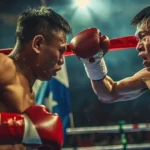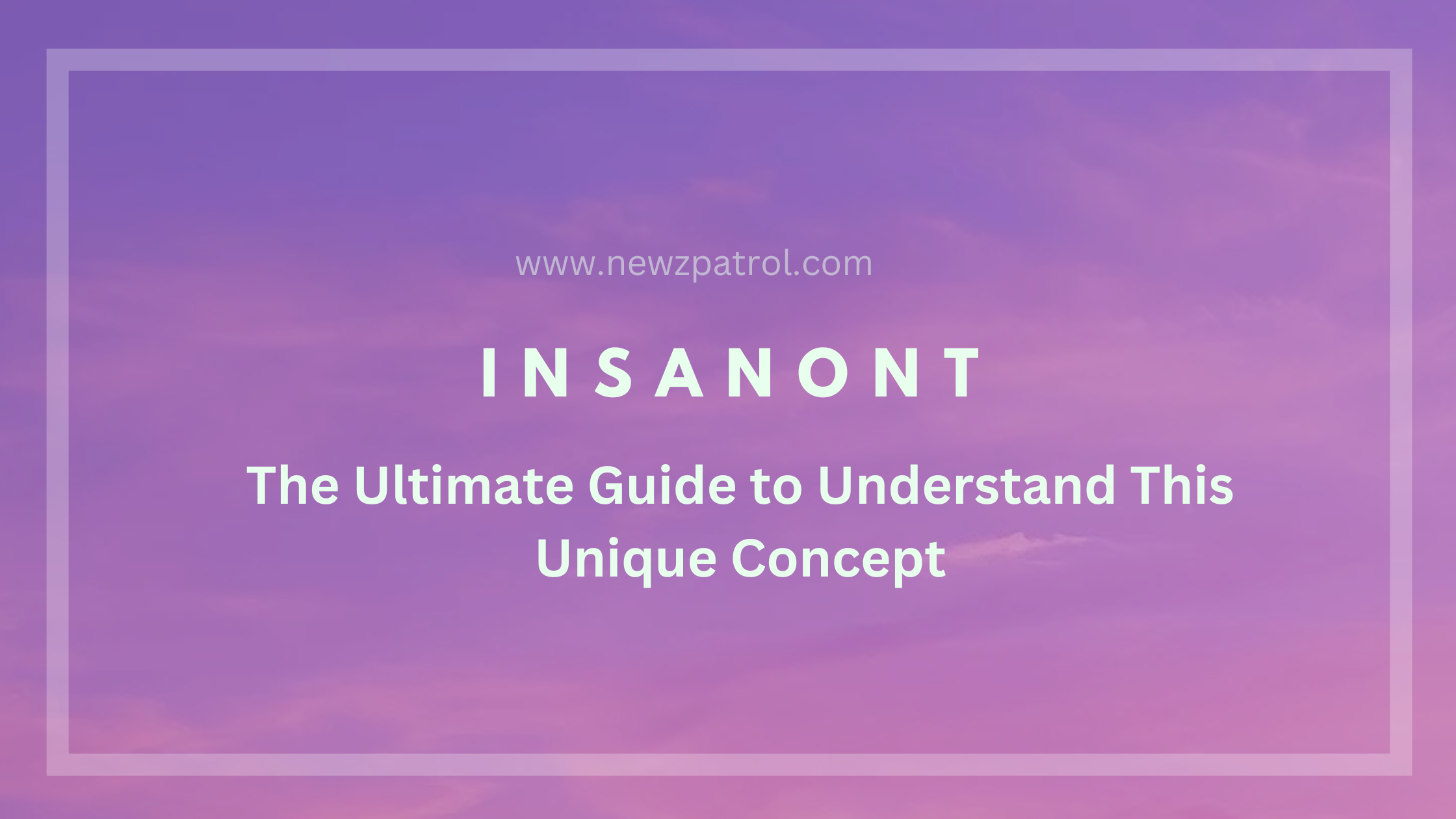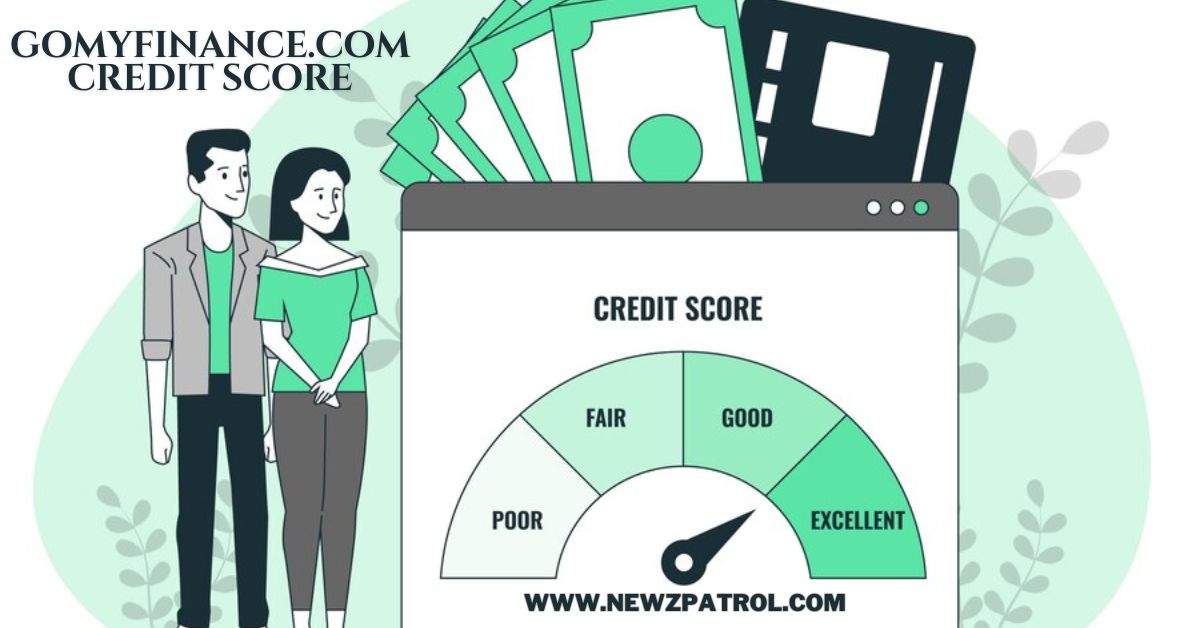In recent years, Manhwa18 has captured the attention of many readers across the globe. This genre of webcomics often blurs the lines between art and adult content, drawing in a diverse audience with its vivid illustrations and tantalizing narratives. However, while it may draw in enthusiasts for its entertainment value, there’s an undercurrent that poses significant concerns for society as a whole.
As we delve deeper into this phenomenon, it’s crucial to examine its potential negative impacts. The ideals portrayed within these stories can seep into real-life perceptions and behaviors. From promoting misogynistic views to normalizing unhealthy relationship dynamics, Manhwa18 is not just a source of entertainment; it’s shaping cultural attitudes in ways that deserve scrutiny. Understanding these implications is vital for fostering healthier societal norms and protecting vulnerable audiences from harmful influences hidden behind captivating visuals.
Increase in Misogynistic Ideals
The rise of Manhwa18 has sparked concerns about the propagation of misogynistic ideals. This genre often depicts women in a light that reinforces traditional gender roles. Female characters are frequently shown as submissive or overly reliant on male counterparts. Such portrayals can shape readers’ perceptions and expectations of real-life interactions.
In many stories, female empowerment is overshadowed by narratives that prioritize male dominance. Women are often characterized through their physical appearances rather than their intellect or personality. This focus diminishes their value, reducing them to mere objects for male gratification.
Moreover, some plotlines glorify toxic masculinity while vilifying strong female figures. The message becomes clear: strength and independence in women lead to chaos and discomfort for men. As these themes become more prevalent, they seep into societal norms and beliefs.
Additionally, young impressionable audiences may internalize these messages without critical analysis. They might perceive these depictions as standard behavior within relationships, further entrenching harmful ideologies.
As Manhwa18 continues to gain popularity, its impact on cultural attitudes toward women cannot be overlooked. It’s essential to remain vigilant about how such media influences thoughts and actions regarding gender dynamics in society today.
Normalization of Sexual Objectification
The rise of Manhwa18 has contributed significantly to the normalization of sexual objectification in society. This genre often depicts characters, especially women, as mere objects for male pleasure. Such portrayals can distort perceptions of gender roles and relationships.
Many young readers are exposed to hyper-sexualized imagery that emphasizes physical appearance over character depth or personal attributes. These narratives often reduce complex individuals into stereotypes, stripping away their humanity and agency. As a result, audiences may unconsciously adopt these views in real life.
Furthermore, the frequent portrayal of women as submissive or passive reinforces harmful societal norms. It perpetuates the idea that women’s primary value lies in their attractiveness and availability to men. This mindset not only affects how women view themselves but also influences how they are perceived by others.
As this form of media becomes more mainstream, it risks creating a culture where sexual objectification is accepted rather than challenged. The boundaries between fantasy and reality blur when such depictions are consumed without critical engagement.
This normalization shapes social attitudes towards consent and respect within relationships. It fosters an environment where viewing people primarily through a sexual lens becomes commonplace rather than problematic.
Promotion of Unhealthy Relationships
Manhwa18 often glorifies relationships that are far from healthy. Many storylines depict toxic dynamics as romantic, leading readers to misinterpret what love truly means. This can have a profound impact on impressionable minds.
Characters in these narratives frequently endure manipulation and control disguised as passion. These portrayals normalize the idea that jealousy and possessiveness are signs of affection. Young audiences might grow up believing such behaviors are acceptable or even desirable in their own relationships.
Furthermore, manhwa often lacks realistic consequences for harmful actions within these romances. Characters may engage in deceitful or abusive behavior without facing repercussions, thereby sending a dangerous message about accountability in relationships.
This unrealistic representation can distort expectations among readers when they enter into their own romantic involvements. They may find themselves tolerating unacceptable behavior because it has been normalized through media consumption.
Exposure to unhealthy relationship models fosters an environment where emotional abuse is trivialized and regarded as typical rather than problematic. The ramifications extend beyond individual experiences; society at large risks adopting these distorted views on romance and interpersonal connections.
Desensitization to Violence and Abuse
The rise of Manhwa18 has sparked significant concern regarding its portrayal of violence and abuse. Many narratives feature graphic depictions that can dull viewers’ responses to real-life violence. This exposure often leads to a troubling desensitization effect.
When readers are repeatedly exposed to violent scenarios, they may begin to perceive these actions as normal or acceptable behavior. Such content frequently trivializes the serious nature of physical and emotional harm, framing it as entertainment rather than reality.
Moreover, this normalization can alter individuals’ perceptions about relationships and consent. Characters who engage in abusive dynamics may be romanticized, leading fans to excuse or overlook harmful behaviors in their own lives.
Young audiences are particularly susceptible. As impressionable consumers of media, they might struggle to differentiate between fantasy and reality. Consequently, the lines become blurred regarding what constitutes healthy interactions versus destructive ones.
As society grapples with issues surrounding domestic abuse and sexual assault awareness, platforms like Manhwa18 contribute counterintuitively by embedding aggressive themes deeply into popular culture. The implications stretch far beyond mere storytelling; they affect attitudes toward authority figures and interpersonal connections across generations.
Conclusion
The impact of Manhwa18 on society cannot be understated. As this genre continues to gain popularity, its themes and messages invariably seep into the cultural consciousness. The rise of misogynistic ideals is alarming, as it promotes a worldview where female characters are often depicted in subservient roles or as mere objects of desire. This portrayal has serious implications for real-life attitudes toward women.
Moreover, the normalization of sexual objectification within these narratives fosters an unhealthy mindset regarding intimacy and relationships. Young readers may internalize these views, leading them to believe that such depictions are acceptable or desirable in their own lives.
The promotion of unhealthy relationship dynamics further complicates matters. Many stories romanticize toxic behaviors, making it difficult for individuals to differentiate between love and control or manipulation.
Desensitization to violence and abuse is becoming increasingly prevalent among fans of Manhwa18 content. When graphic scenes become commonplace in entertainment media, they can dull our sensitivity towards real-world issues surrounding violence.
It’s imperative for consumers—especially younger audiences—to critically engage with this form of media. Awareness and open dialogue about its consequences can help mitigate its negative influence on society while encouraging healthier perceptions around gender relations and personal interactions.
Read More Articles On Our Site!











